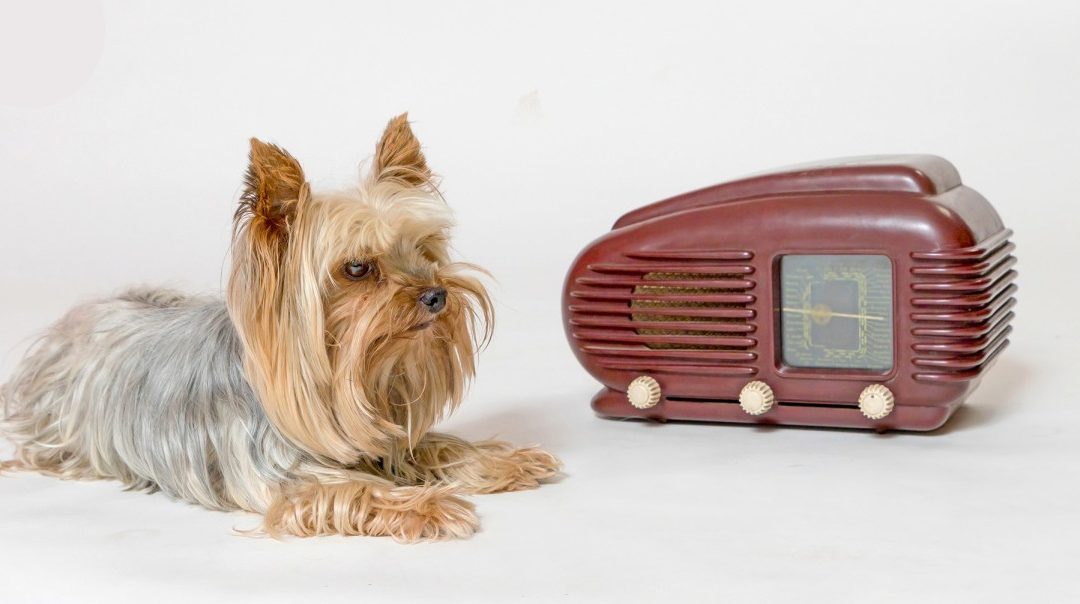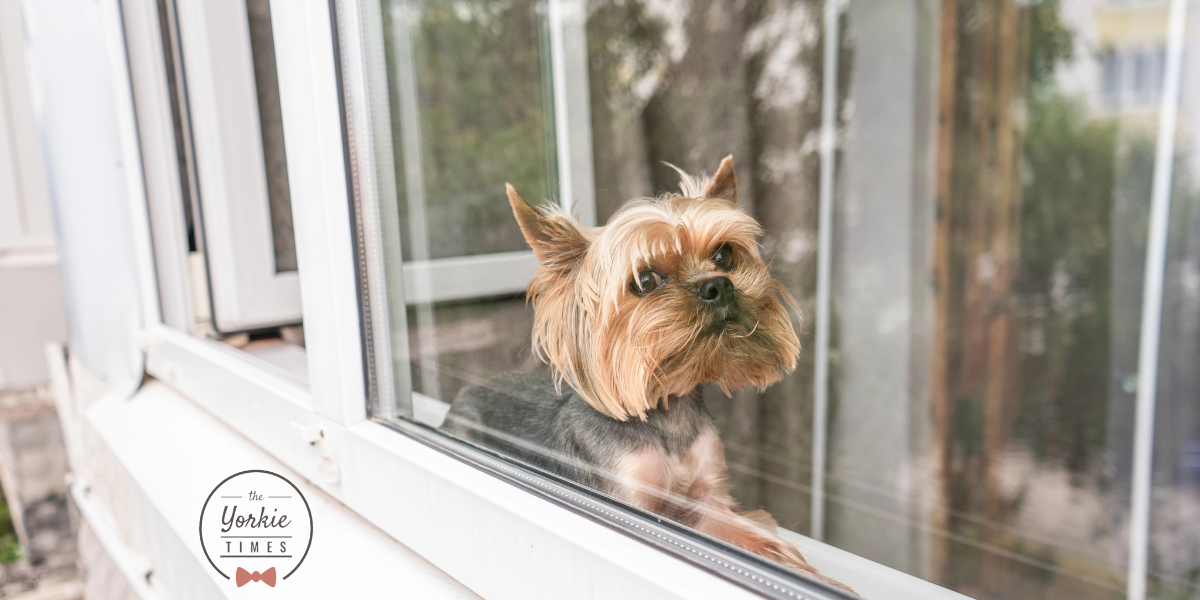Senior Yorkie Health Problems – Common Health Problems Facing Senior Dogs
By John Hinkley
Like all animals, as dogs age they tend to develop health problems unique to senior yorkies. Many dog owners have a difficult time accepting this fact and think that their lively pooch is not an older dog and will not have health problems. Yorkies can, however, show signs of aging as early as seven years old. Older dog health problems generally affect larger breeds earlier than small breeds that tend to show signs ageing around 10 to 12 years of age.
Do Yorkies have health problems?
The fact is that senior dog health problems will eventually be a concern for every dog owner.

Common Health Problems Facing Older Dogs
All dogs are different and, depending on their size, breed and activity level, will exhibit health problems differently. However, there are common health issues that may manifest in all senior dogs including the following:
- Joint and bone problems
- An overall reduction in their metabolism
- Difficulty with their eyes and ears
- Liver and kidney dysfunctions
- Skin becomes thin and less pliable while the coat becomes mottled and patchy
- Problems with teeth and gums
Unlike a little puppy who has an endless supply of energy, an older dog will tend to slow down and take longer to lay down or stand up. Instead of bounding up the stairs your senior dog might take each stair one at a time. Your dog may develop arthritis, an inflammation of the joints causing pain and discomfort, which is generally the cause of this slowing down. There are a host of anti-inflammatory drugs that your veterinarian a suggest to reduce the discomfort caused by arthritis.

In many cases, an older dog will have problems with their eyes as they develop cataracts or even glaucoma. A cataract will become obvious to the owner as the eyes have a cloudy appearance and tend to reflect light. Senior dogs may also develop glaucoma, an increased amount of pressure on the eyes, and can cause more serious problems if left untreated.
The entire circulation system and many of the major organs are taxed in older dogs. The heart, lungs, liver, and kidneys all become less efficient and the immune systems can become weak and vulnerable to viruses and bacteria. Serious health problems may develop in your senior dog as some of the symptoms develop gradually. It is your responsibility to maintain your older dog’s health and remain informed of the possible senior dog health problems that commonly arise.

Helping Your Older Dog Overcome Health Problems
As an ageing dog inevitably develops health problems, you can help alleviate many of the symptoms and keep your pet comfortable. The most basic thing you can do is simply pay more attention to your senior dog making sure you’re aware of the changes taking place. Brush your dog’s coat daily and ask your vet if there are special shampoos to help with her skin and coat. Spend time rubbing your hands on his coat feeling for bumps or lesions. Be patient when your dog needs a little extra time walking up the stairs or jumping up into the car. Make sure you make regular visits to your vet and stay current on vaccinations. Brush your senior dog’s teeth regularly and have them professionally cleaned occasionally. Provide regular exercise while also making adjustments needed for your dog as she ages.

As your older dog slows down, you might have to adjust her diet to help compensate for the reduction of energy for both her weight as well as her coat and her circulation system. Not only must the overall calorie intake be reduced, but you can also feed your senior dog specially formulated foods made to fit their particular needs. Try to purchase the most expensive, best quality food you can afford and avoid greasy table scraps.
It’s an inevitable fact that dogs age, but you can make a difference in helping your older dog overcome health problems. Keep in mind that in the last eighty years or so the average lifespan of dogs has increased from 7 years to 12. Expanding your knowledge and paying attention to your dogs health will help ensure your dog lives a long and comfortable life.
About the Author:
You can find more information from John Hinkley at his Your Large Dog Breed Site. Information Gateway – For more tips and detailed for your older dogs health related problems and dog health care or dog nutritional program. Article Source: Ezine Articles





What can I do with a 14 year old yorkie that has Cushings disease and potties in the house instead of asking to go outside. he also does a lot of paceing around the house.
I have a older yorkie that never used pee pee pads now he will
if he is in a coral
type pen
mine is old but still active
Just a suggest from another yorkie owner. Chaila is 13 years old and i have her in doggie diapers, it is the best thing i did for her so she can still have her freedom and not be confined to a square dog playpen area. i felt terrible having her in that doggie 🐶 playpen & her crying. i let her still every 2-3 hours unless i am
having a really bad pain day then i just make sure that i check it regularly and wipe her with a baby wipe so she doesn’t get a rash. keep in mind doggie diapers do not catch poop, but you know what its ok i love my little 31/2 pd yorkie i have had her since she was a puppy. she saved me and took care of me now its my turn. i hope this helps.
Thank you for sharing Marilyn!
My friend’s Yorkie is 13 now and her dispositions has changed tremendously. She wines and refuses to allow family members to touch her. Vet has checked her, gave her antibiotics for urinary trac infection..she took all those, gave her a different type just finished those, She barks all time at every little thing …appetite is good… Help !!
Hello we have our little devil Jackson. 10 lbs will turn 16 this November. He is starting to get pointy spots on his spine and hip bones. He still chases birds and is always hitting us up for treats. He has been on dry kibble all of his life. And raw meat now and then. He is starting to walk funny in his rear hips and still churns around like a puppy. What can I do to gain some weight?